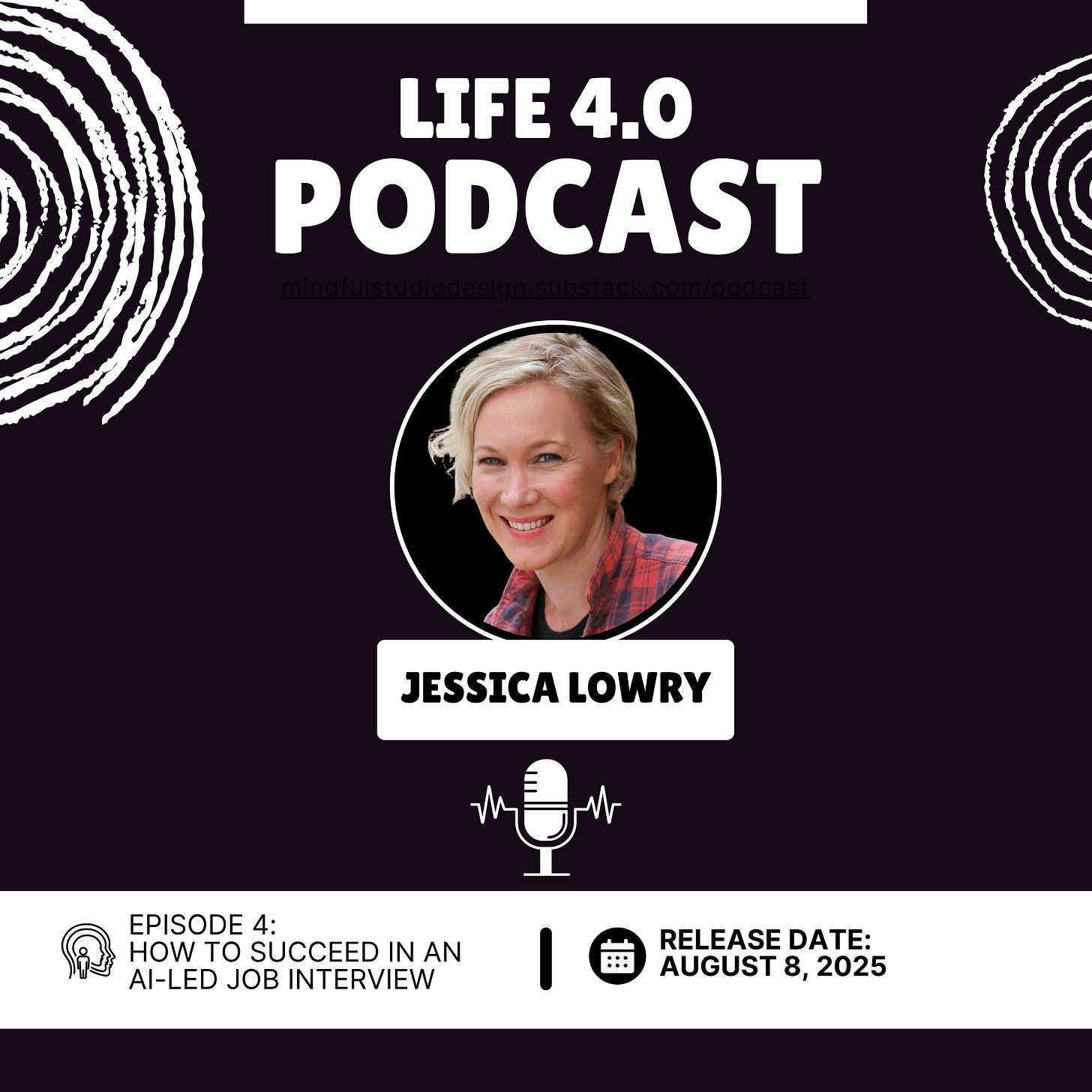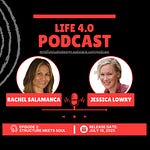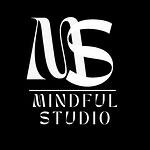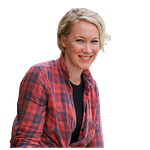In today's episode, we are exploring the changing landscape of life, work, and meaning in an era shaped by exponential technologies. I'm your host, Jessica Lowry. In this episode, we're talking about something that's become an invisible gatekeeper in today's job market: the AI-led interview. For decades, preparing for a job meant polishing your resume, writing a thoughtful cover letter, and practicing your handshake.
But today, those steps are just the beginning. Candidates are being asked to master a whole new layer of complexity. It's not just about making a good impression with a hiring manager. It's about understanding and navigating. A process that increasingly begins with algorithms. If you've ever submitted a one-way video interview through a platform like HireVue or Modern Hire and felt a bit like you were performing for a black box, you're not alone.
This is the new reality, and in this episode, we're gonna break it down. What's changing, why it matters, and how you can stay grounded and confident in a process that feels anything but human.
Let's begin by understanding the bigger picture. Why are companies turning to AI in the first place? It's easy to assume that they're doing it to save money or time, and yes, that's part of it, but there's more going on. The hiring landscape has shifted dramatically in the last few years, and companies are facing record-high volumes of applicants for every open role. At the same time, they're under pressure to hire faster, reduce bias, and improve the overall candidate experience, all while operating with leaner HR teams.
This creates tension. How do you evaluate hundreds or even thousands of candidates quickly, fairly, and consistently? AI offers a solution or at least a promise. AI-led interviews can automate early screening and surface top candidates based on specific criteria. Present criteria and standardize evaluations to reduce human bias.
But while the intention is often efficiency and fairness, the reality can feel very different, especially for candidates. On the other side of the screen, here's the upside. Some forward-thinking companies are starting to recognize that hiring is not just a transaction. It's the first moment of the employee experience, and that experience begins long before day one.
It begins the moment someone hits apply, which means the interview process, even if powered by AI, needs to reflect the company's culture, values, and commitment to treating people like people.
Reframing the AI interview from obstacle to opportunity. So, how do we respond to this shift? How do we, as candidates, reclaim a sense of agency, a process that can feel cold or opaque? We start by reframing it. Instead of seeing AI-led interviews as a robotic hoop to jump through, think of it as a new kind of stage one, where your job is not to impress with Polish, but to connect with clarity.
You're not talking to a person, at least not yet, but what you say still matters. Your answers, tone, pacing, and language all become signals. Signals that a real person may eventually see. The goal is not to trick the algorithm. It's to help both the machine and the human reviewer understand your value and how it aligns with the role.
This is about expressing your story with intention. It's about making yourself legible without losing your humanity.
Practical tips to prepare for an AI interview. Here are eight things you can do to prepare both practically and purposefully for your next AI-led interview. Number one, don't forget to breathe. Our breath is essential for speaking clearly. Easy to be understood, and our breath is how we stay calm, cool, and collected.
So if you are feeling nervous or unsure before you start your interview, make sure you pause and take at least three deep, full belly breaths before you begin. The next tip is to practice out loud. AI doesn't read resumes during an interview. It listens to your voice, so practice speaking your answers clearly and confidently.
Use your phone or laptop camera to record yourself and play it back so you're not memorizing, you're internalizing. The next thing is to use a clear structure. So there are frameworks you can try. Things like star, which stands for Situation, task, action, result, and Me, are mutually exclusive and collectively exhaustive.
And you use these to organize your answers. So, structure helps both AI and humans understand your thinking. The next step is to provide specific details. So vague claims won't land. Be as specific as possible. Instead of saying, I led a successful campaign, say I led a campaign that increased engagement by. 45% of the candidates mirror the job description within six weeks.
AI is often programmed to detect keywords and alignment, so use the same terms and phrases you see in the job post naturally to reflect the skills and competencies they're looking for. Modulate your tone even when no one's watching; your energy matters. Smile with your voice. Breathe. Speak with intention.
Minimize filler words. Too many ums and likes can cloud your message. Practice getting comfortable with silence. It's okay to pause. Clarity is more important than speed. And finally, create a distraction-free environment. AI tools can misinterpret background noise or poor lighting, so choose a quiet, well-lit space and check your tech setup before you begin.
Know your rights, accessibility, neurodiversity, and accommodations. Now, let's talk about something rarely addressed in interview Prep. You have the right to ask for accommodations if you are neurodivergent, living with a disability, or navigating anything that feels like a cognitive barrier. You are legally entitled to reasonable accommodations during the hiring process.
In the United States, the Americans with Disabilities Act (ADA) requires employers to provide equal access to candidates, which includes allowing more time to record responses and the option to submit written answers instead of video and turning off facial recognition features using assistive technology, skipping automated interviews altogether, and requesting a human-led alternative.
And you don't have to disclose a diagnosis. You need to request an accommodation tied to a specific barrier. So, due to a medical condition, I'm requesting an alternative interview format. If a company penalizes you for asking, that's not only unethical, but in many cases, it is an illegal goal.
If you are unsure how to make the request, you can reach out to Mindful Studio and me, or one of the coaches who work with me can help you draft the correct language and advocate for your needs. You deserve to be evaluated based on your strengths, not how well you fit into a one-size-fits-all process.
You are not being judged. You're being understood. It's easy to feel like AI-led interviews are designed to catch you doing something wrong, but that's not the purpose, at least not ideally. These tools are built to detect patterns that correlate with success. That means your job. It is to make your success visible, to let your story come through clearly and confidently.
The best mindset I found for this is that you're not auditioning. You're sending a message like a video postcard to someone who might believe in you if they can see you. So don't try to perform. Just try to be understood.
So let's recap to succeed in an AI-led interview. Speak out loud and get comfortable with your voice. Practice structuring your thoughts to organize them more effectively. Be specific about results. Mirror the job description. Create a grounded, distraction-free setting. Request accommodations if you need them. Don't forget to breathe.
Prepare yourself both mentally and emotionally, and most importantly, don't try to hack the system. Focus on the clarity connection. And confidence. And here's the good news. You don't have to figure this out all alone. Suppose you are preparing for a job interview and need help telling your story. In that case, we offer free 30-minute sessions with trained life design facilitators and career coaches.
You'll walk away with more clarity, a strategy for your next step, and the support to show up as your best self. So visit the Mindful Studio website and get in touch. Remember, your story matters.
You don’t have to figure this out alone.
If you're preparing for a job interview and want help telling your story, we’re offering a free 30-minute session with a trained Life Design facilitator and career coach. You'll walk away with more clarity, a strategy for your next step, and the support to show up as your best self.
Book your free session now at
www.mindfulstudio.design/aiinterviewprep








